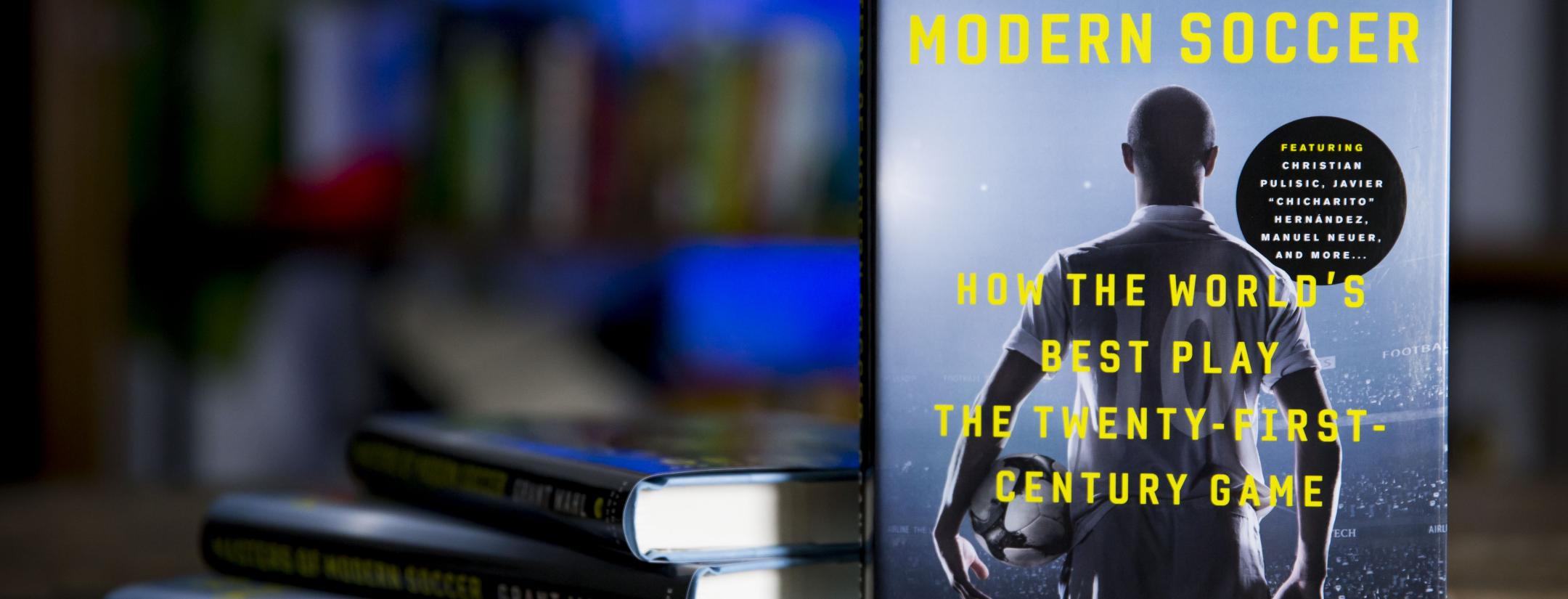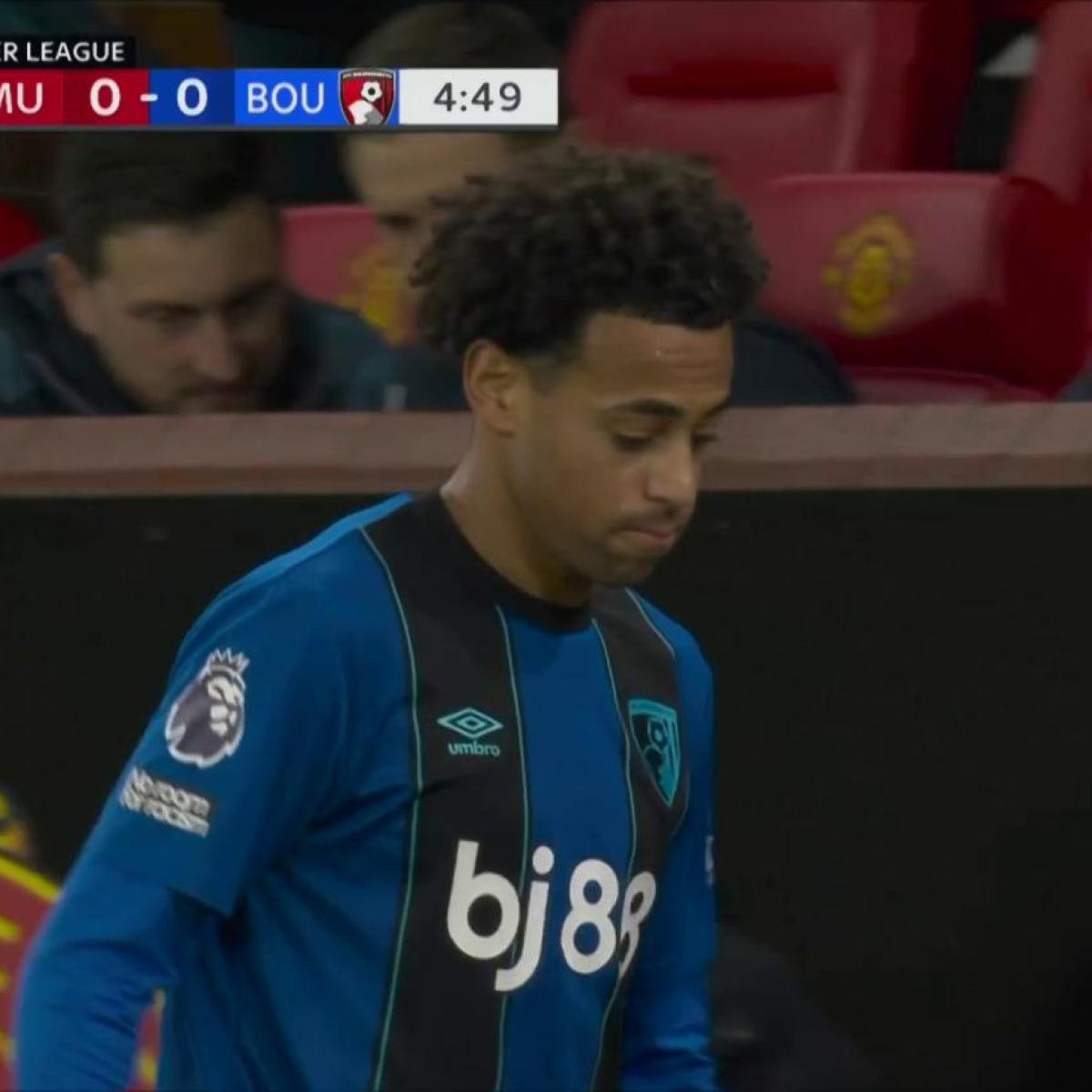In "Masters of Modern Soccer," Grant Wahl talks with some of the world’s best players about how they strive for excellence in a game that continues to demand more of them.
Wahl covers each position with interviews of Javier "Chicharito" Hernandez, Christian Pulisic, Xabi Alonso, Vincent Kompany and Maneul Neuer. In addition, he profiles Belgium National Team manager Roberto Martinez and Borussia Dortmund sporting director Michael Zorc.
The18 spoke with Wahl to learn more about the book and its cast of characters.
Want a copy of the new @GrantWahl book?! Follow these easy steps!
Interviews with Christian Pulisic, Chicharito, Manuel Neuer and more! pic.twitter.com/9HvsgH4vvl— The18 (@the18com) April 30, 2018
The18: What does modern soccer mean to you?
Grant Wahl: Every position has demands these days that are beyond the stereotypical function of whether you're just a defender or a forward. If you're a forward, you're going to have to be the first line of defense. If you're a defender, like Vincent Kompany, you're going to be required to have skills on the ball and be a really good distributor.
T18: Is there anything players aren't doing as well today as they did 30 or 40 years ago?
GW: AC Milan great Paolo Maldini believes that defending isn't as good today as it used to be. Maldini's feeling is that it's not a coincidence that when players are being asked to do more things, the original function of a defender, for example, is sometimes lost.
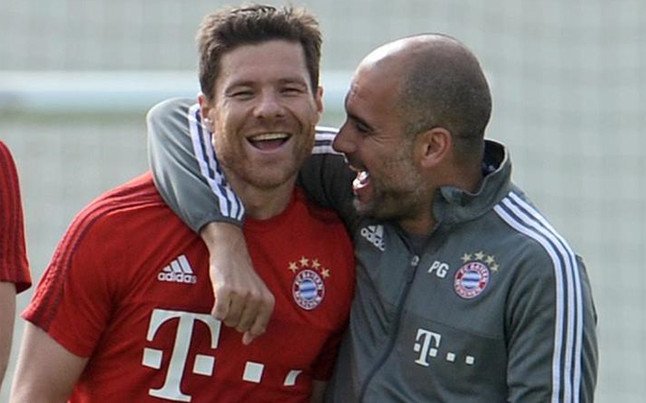
Xabi Alonso talks about how important positioning is to Pep Guardiola in "Masters of Modern Soccer." Photo: @SquawkaNews | Twitter
T18: Kompany, Alonso, Neuer and even Mexico head coach Juan Carlos Osorio speak highly of Pep Guardiola. What makes him so special?
GW: My sense is that Guardiola focuses on the very fine differences in how positioning can have an impact on a team.
Alonso and Kompany talked about how differences of positioning of even a few feet make a big difference to Guardiola. He caused them to study the game on a different level.
One standout thing to me was that Xabi Alonso has played for some of the greatest managers we've seen in the last two decades, and yet he clearly holds Guardiola on a different plane than all of them.
T18: Could you elaborate on how Juan Carlos Osorio values the brain's connection to soccer?
GW: He's really of the belief that players are not robots, they're human beings. A coach needs to understand how the brain works, how it informs the way a player is approaching the game and how if you really work on drilling players into working on patterns as a team, that will help your team.
The ways Mexico tries to get the ball to Chicharito in front of the goal are almost like set plays.
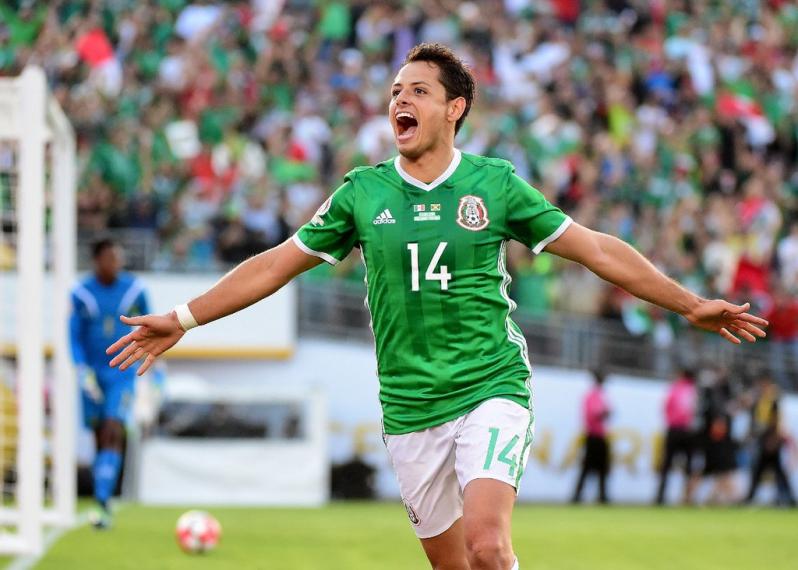
In "Masters of Modern Soccer," Chicharito discusses how he "smells the intuition" in order to be lethal in the 18. Photo: @espn | Twitter
T18: In the book, Chicharito embraced being a goal poacher, saying it's one his qualities. He also talked about how he sometimes predicts that there will be a bad cross. How does he do that?
GW: The fact of the matter is, the guy finishes. There's a talent in that. Part of his skill comes from anticipating things that are going to happen a flash of a second before his defenders do, but also at times anticipating that a cross isn't going to come in as it's intended to.
T18: What impressed you most about Christian Pulisic?
GW: He has a real awareness of what he's already very good at, which is, in large part, beating guys 1-v-1 on the dribble. He also knows that what to do after that is an area where he has some improvement to make.
Pulisic shares a chapter with Xabi Alonso, who is one of the smartest guys about soccer I've ever interviewed, and I thought he held his own just fine.
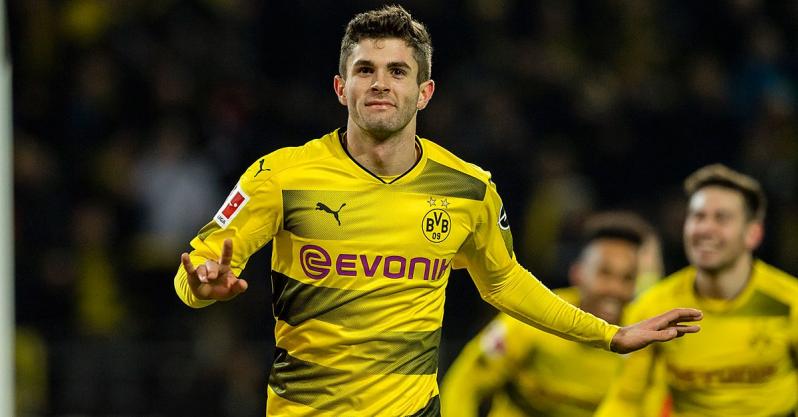
In "Masters of Modern Soccer," Christian Pulisic talks about how he wants to improve his crossing and finishing abilities. Photo: @18dMedia | Twitter
T18: Was there a consensus among players regarding skills that a player needs to learn young?
GW: Clearly developing your first touch is something that should begin very early. A lot of American players take too long to try and work on their first touch.
I think it's an area where Pulisic has an advantage, with both of his parents having played soccer in college and his dad being a coach.
That's not to say his dad was some sort of taskmaster. Clearly it was important to Pulisic's father that Christian have fun playing the game, but they did work on skills at a young age as well.
The18: What do you think younger players can learn from reading your book?
GW: It's an ongoing thread that the figures in this book are extremely accomplished. These are guys who have won World Cup trophies and Champions League titles, and yet they view their career as an ongoing education, that they can always learn new things.
If these guys, who have done so much, are still learning new things, then everyone can.
